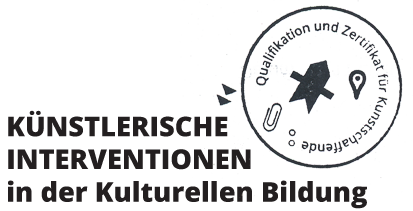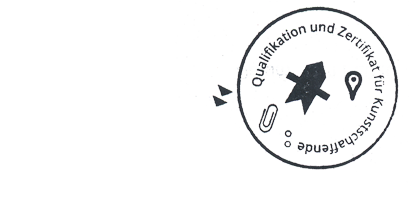


Katarzyna Niziołek: Participatory Theatre and Social Research
“Participation” and “social impact” seem to be the catchphrases of the day when it comes to art, and social research as well. While participatory action research has already become a well-established practice in the world of qualitative methods in sociology, the so-called “social turn” has placed the arts closer to sociological concepts and methodology as a means of not only interpreting art, but also constructing artworks. These changes are opening new pathways for both sociologists and artists interested in working together and exploring the “in-between” areas of art, science and social involvement. One such niche is being occupied by participatory theatre – a wide array of diverse and largely innovative practices that create conducive contexts not only for interdisciplinary collaborations, but also for citizen participation.
As an academic sociologist, I have been exploring this area of theatrical production for almost a decade now, working in collaboration with playwrights and directors, observing the practice from the inside, looking for possibilities of exchange between participatory theatre and research. Hence, the lecture will focus on the projects we have developed together: “The Method of National Constellations” (2014–2016), “Prayer. A Common Theatre” (2016–2017), “Bieżenki” (2018), “Living Torpedoes” (2019) and “The Suitcase” (2021).
Using these participatory theatrical projects as examples, I intend to provide an empirically grounded and self-reflective insight into three distinct and at least to some extent original methodologies of direct audience/public engagement. Each of these can be referred to as a different role of the participant that one performs in the process: a protagonist (or content provider), a user (directed or animated by the artist in a theatrically constructed situation) or a co-creator of the theatrical piece (enjoying a certain degree of agency and autonomy).
The lecture will be completed with some notes on the possible research and social uses that such practices – via embodiment, empathy, imagination, and understanding, to mention but a few distinctive qualities – may effectively serve.